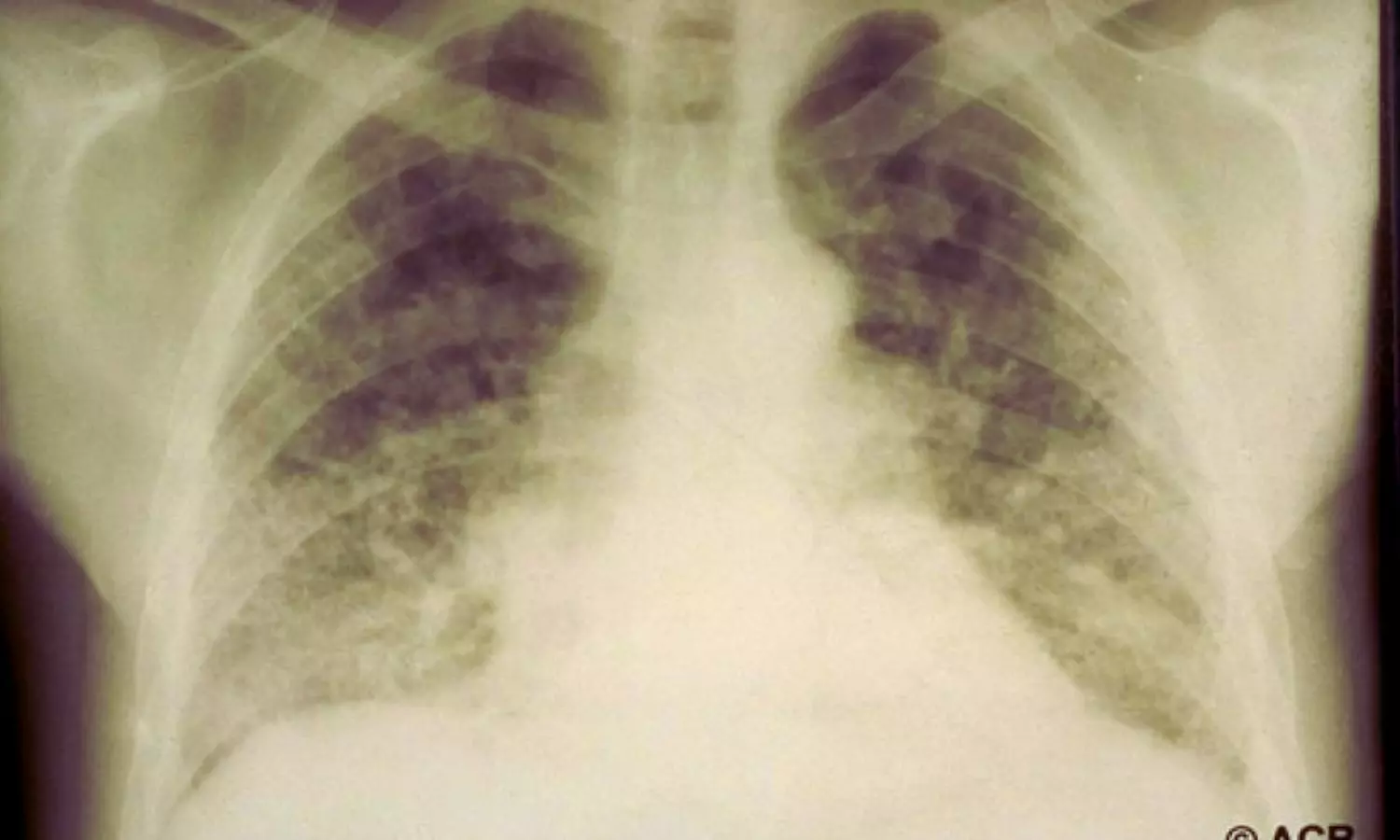Potassium and Zinc Linked to Lower Depression Risk in New Study

Around 5% of adults have depression world wide. The study found that higher mineral intake is linked to lower depression risk in Korean and American adults. Further research suggests that minerals like potassium and zinc may help reduce the risk of developing depression alongside healthy lifestyle habits. The study was published in the journal of Nutrients by Jiwoo K. and fellow researchers.
https://doi.org/10.1016/j.xkme.2025.101093•
Depression is among the world’s major health burdens, and whereas psychological and social determinants have been extensively investigated, nutritional determinants are increasingly being recognized. Prior evidence indicates that nutritional deficiencies, particularly involving minerals, may be involved in the risk of depression. Limited studies on the association between certain minerals like sodium and potassium and depression exist.
The research compared cross-sectional information from extensive national health surveys conducted in Korea and the United States. Seven minerals were analyzed: sodium, potassium, phosphorus, magnesium, iron, zinc, and calcium. Depression was operationalized using the Patient Health Questionnaire-9 (PHQ-9), with 10 or more as indicative of depression. Multivariable-adjusted logistic regression was employed to examine mineral intakes and depression relationships, with subgroup analyses adjusted for by sex, obesity status, and age.
Results
•The samples included participants from both nations, and there were significant differences in depression rates.
• Among the Korean dataset (KNHANES), 537 participants (4.1%) were identified as having depression, while among the U.S. dataset (NHANES), 588 participants (6.2%) were rated as having depression.
• In Korean adults, consumption of sodium, potassium, and phosphorus was negatively associated with depression, where higher levels of their consumption were linked with lower risk of depression.
• In American adults, the same preventive associations were found for potassium, iron, and zinc that were negatively correlated with depression risk.
• Subgroup analyses illustrated that these correlations varied among population subgroups.
• Differentials were observed according to sex, age group, and obesity status, suggesting that individual factors are capable of modifying the impact of mineral intake on mental health.
This study demonstrated strong associations between mineral intake and depression among Korean and American adults and identified potassium as having uniform protective effects across both populations.
Reference:
Gómez-Fregoso, J. A., Zaragoza, J. J., González-Duarte, J. A., Nuño-Guzmán, C. M., Hernández-Barajas, E. M., Andrade-Jorge, Z., Leon, J. C., Padilla-Armas, J. L., Ornelas-Ruvalcaba, R. L., Cabrera-Aguilar, J. S., Chávez-Alonso, G., Villalvazo-Maciel, E., Orozco-Chan, C. E., Rodríguez-García, G., Navarro-Blackaller, G., Medina-González, R., Gallardo-González, A. M., Alcantar-Vallin, L., Abundis-Mora, G. J., … Chávez-Iñiguez, J. S. (2025). Severe acute kidney injury associated with intestinal ostomies. Kidney Medicine, 101093, 101093. https://doi.org/10.1016/j.xkme.2025.101093
Powered by WPeMatico




















